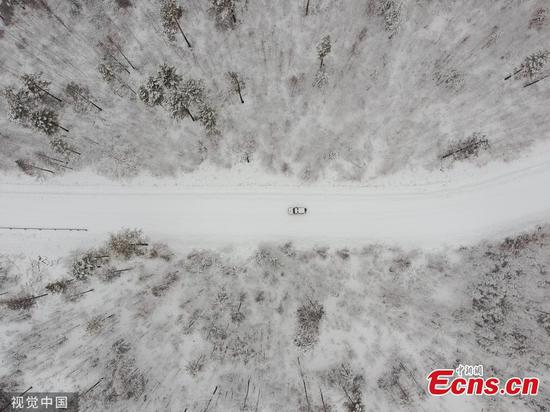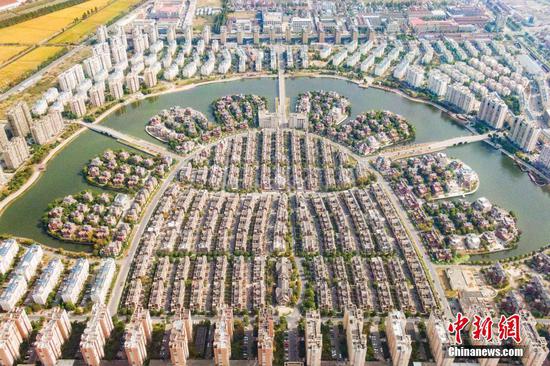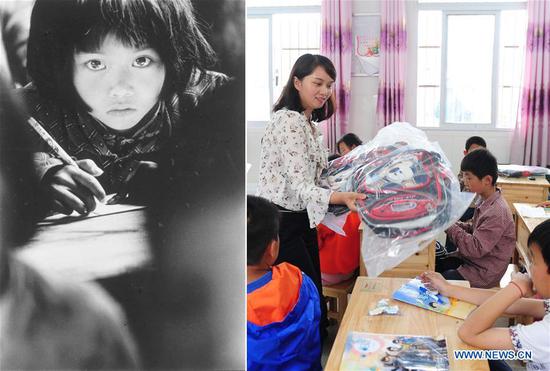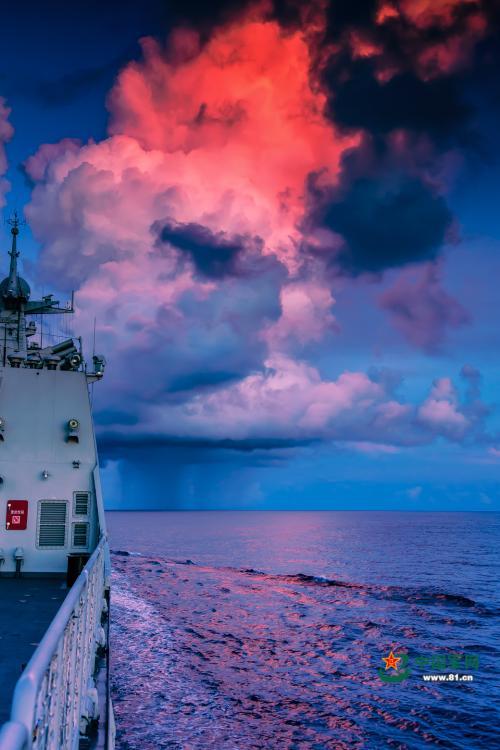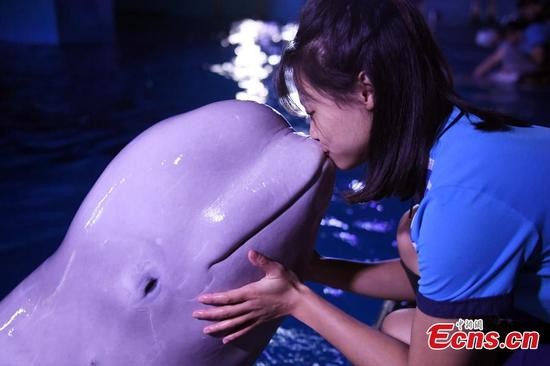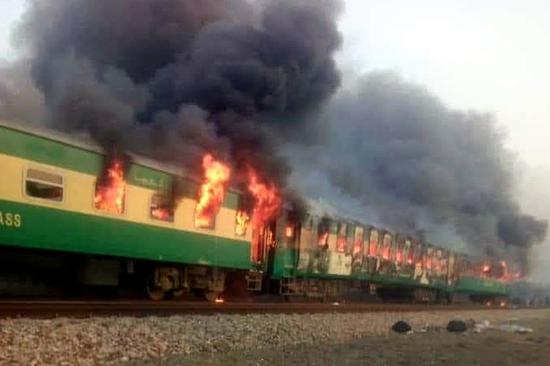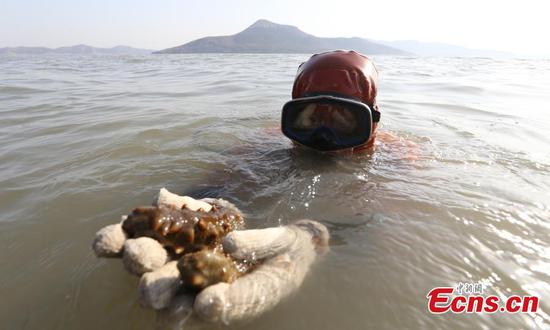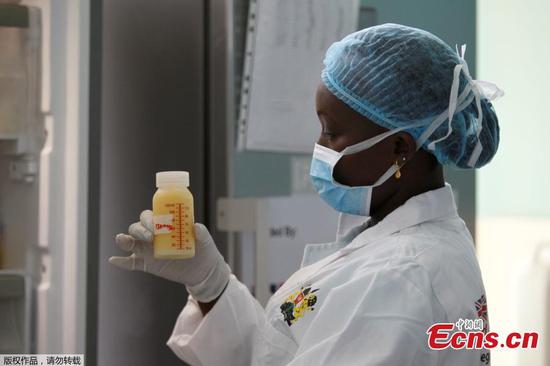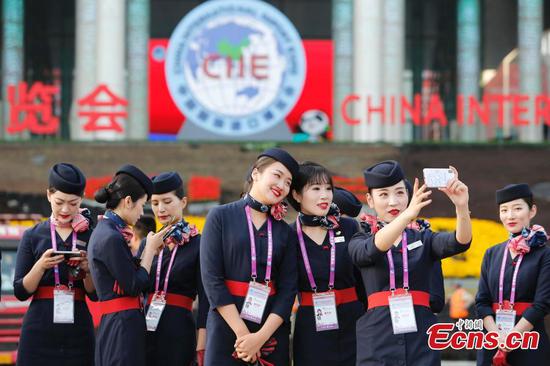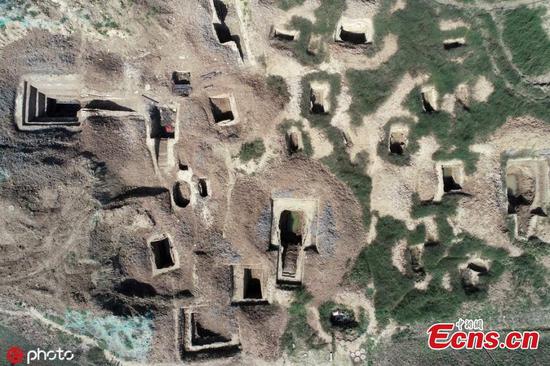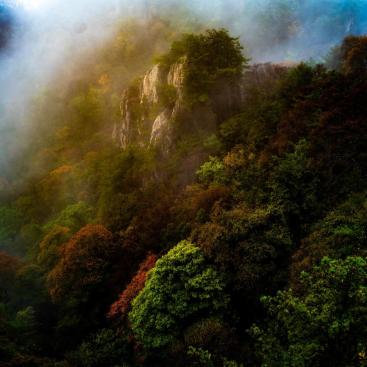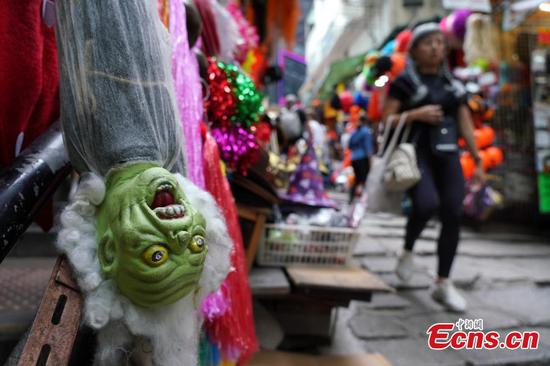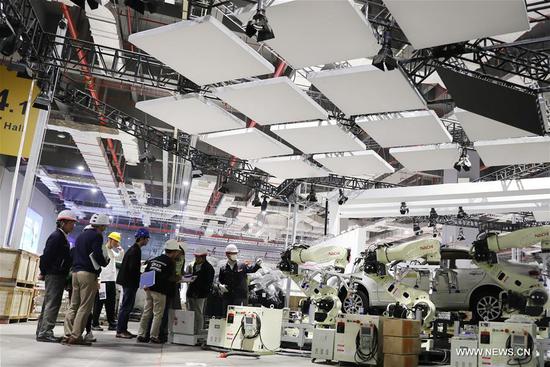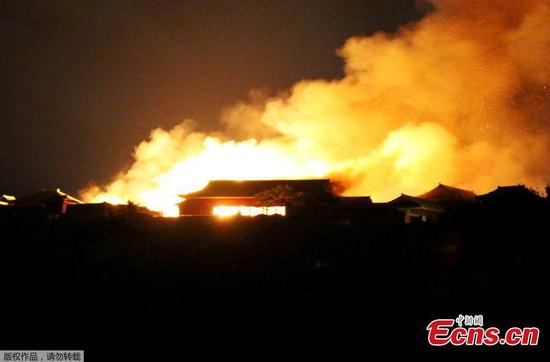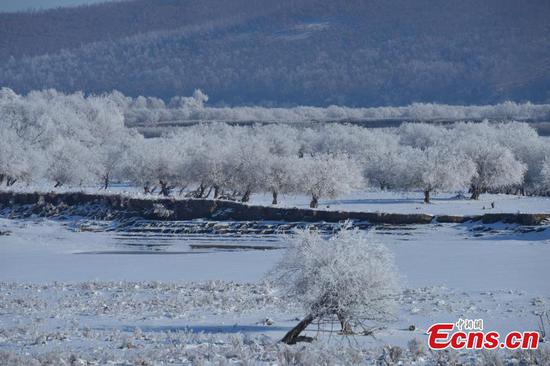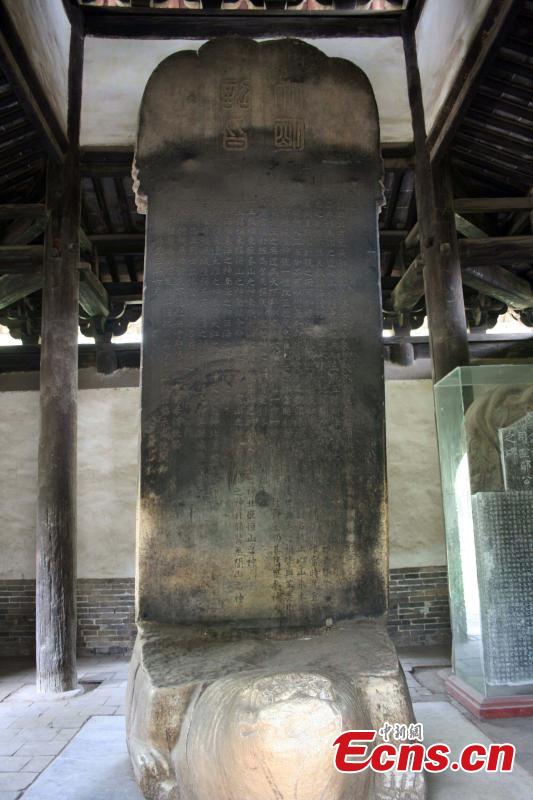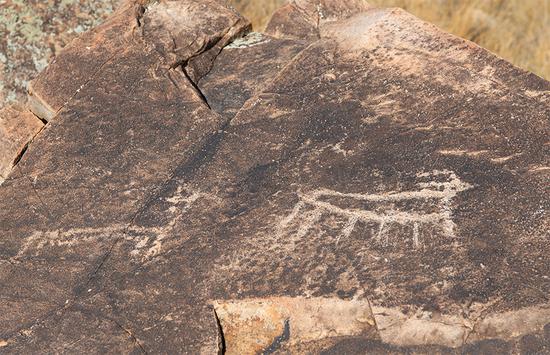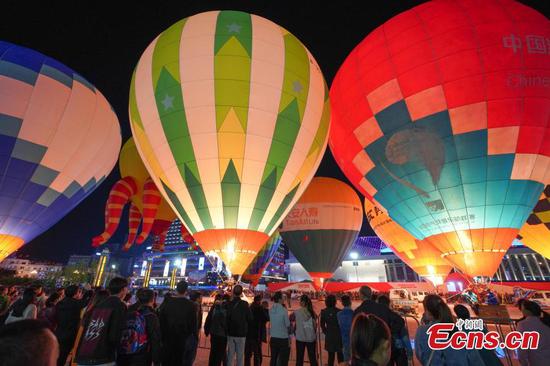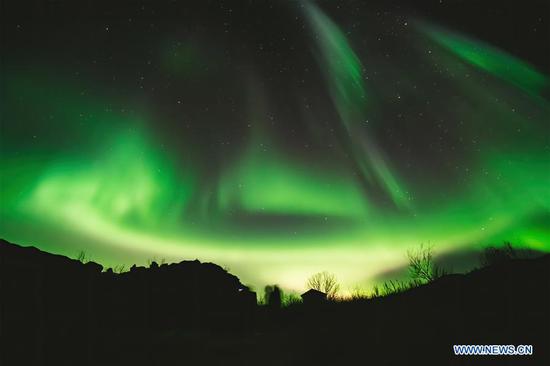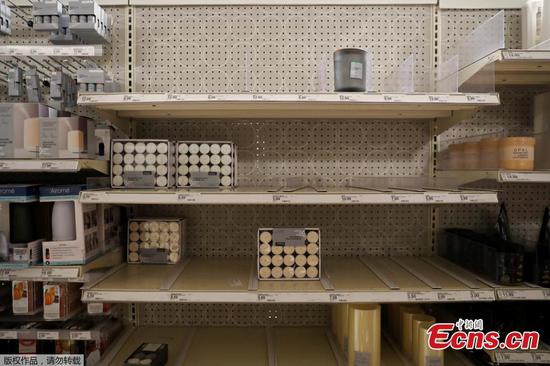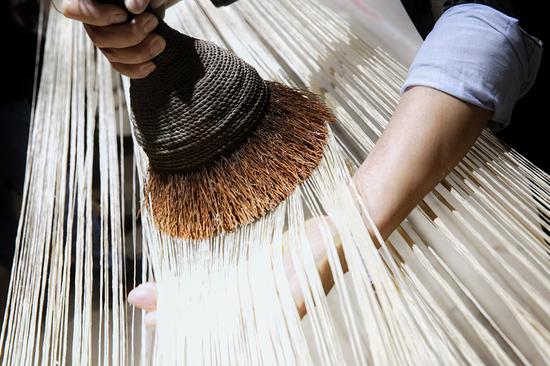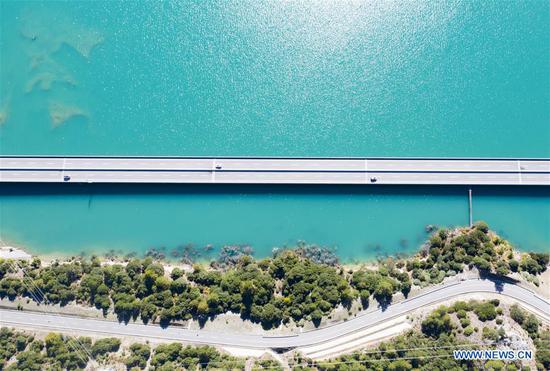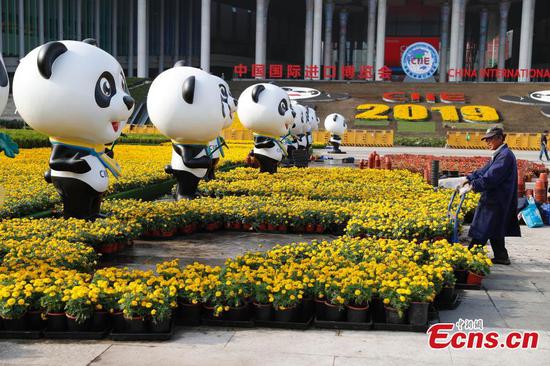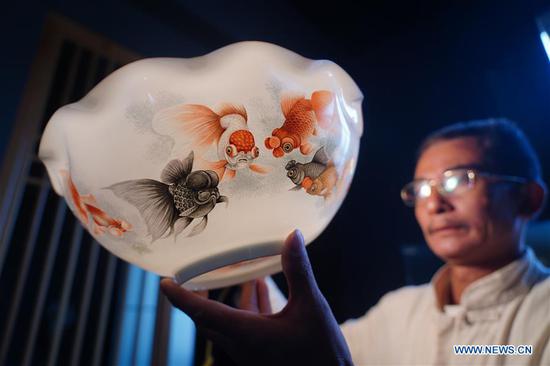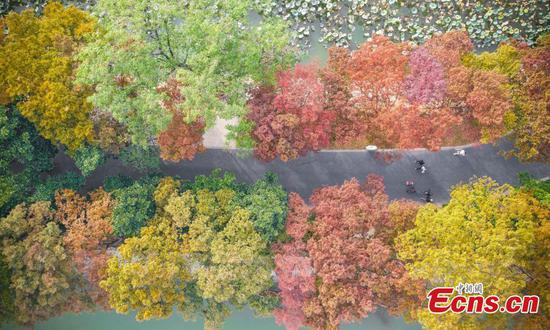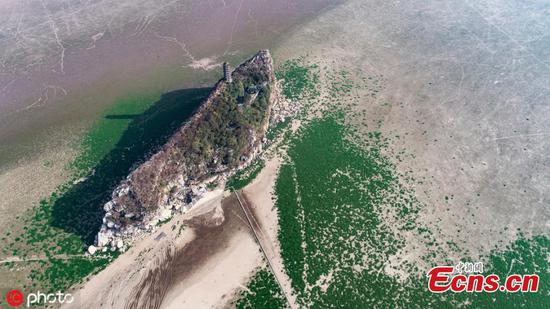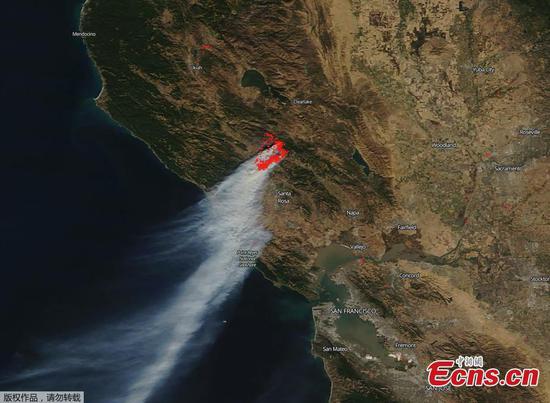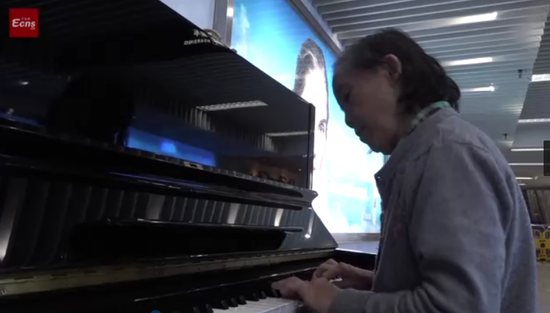Iraqi Prime Minister Adel Abdul Mahdi will step down only if parliament's main blocs can agree on his replacement, the country's president said on Thursday, but tens of thousands of protesters said his resignation would not be enough.
Protesters thronged Baghdad's Tahrir Square to show their fury at an elite they see as deeply corrupt, beholden to foreign powers and responsible for daily privations and shambolic public services.
More than 250 people have been killed in clashes with security forces and paramilitary groups since protests began on October 1 and eventually swelled into the worst mass unrest in Iraq since the 2003 fall of Saddam Hussein.
Abdul Mahdi, who despite promises of reforms and a broad reshuffle of his cabinet, has struggled to address the street's demands. He has refused calls for an early election made by his erstwhile main supporter, populist cleric Moqtada al-Sadr.
"The prime minister had previously agreed to submit his resignation, if the blocs agree on an acceptable replacement in order to adhere to constitutional and legal frameworks," said President Barham Salih.
Abdul Mahdi said on Tuesday it would be quicker if Sadr and his main rival Hadi al-Amiri agreed on a replacement, and would prevent months of chaos.
Amiri was said to reject Sadr's push to oust Abdul Mahdi after meeting top militia commanders in his bloc on Wednesday.
While political elites jostled over Abdul Mahdi's fate, Iraqis on the streets demanded an end to the entire governing system of identity-based, sectarian power-sharing.
"Today we are at a stage where our demand ceiling is much higher than the prime minister's removal. The people of Iraq want a complete overhaul of the political system," said protester Salman Khairallah, 27, who wore a tee-shirt emblazoned with "We dream of a new Iraq."
But early elections cannot be held until a new electoral law is passed, said Salih, adding that he expected a bill to be introduced in parliament by next week.
It took more than six months of negotiations before Abdul Mahdi was appointed a year ago, and finding a successor all the political factions can agree to will not be easy.
The amount of protesters on Thursday appeared larger than any other day since a second wave of the protests resumed on Friday after stopping for two weeks.











